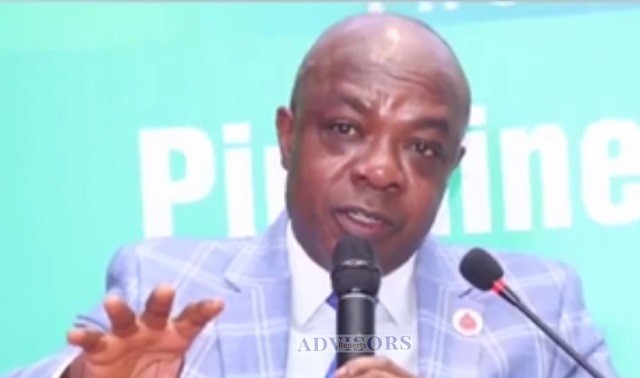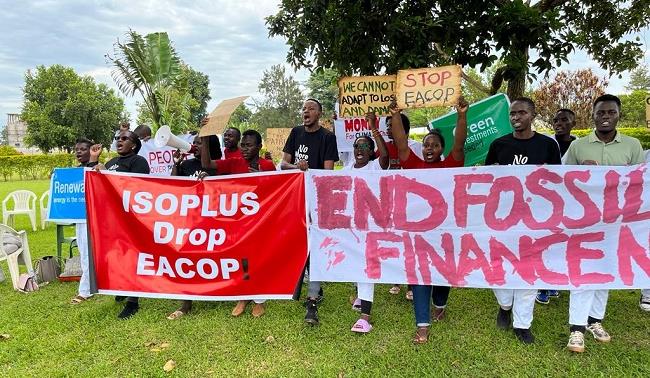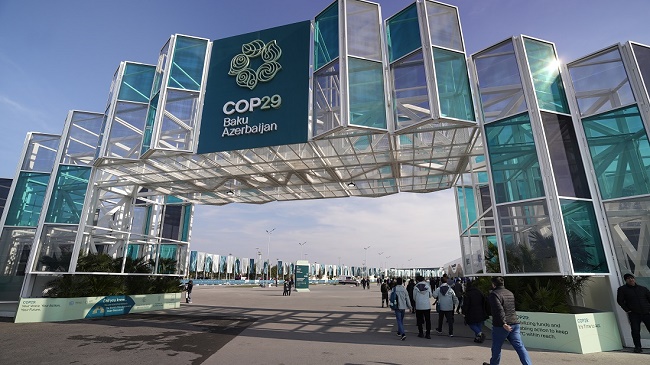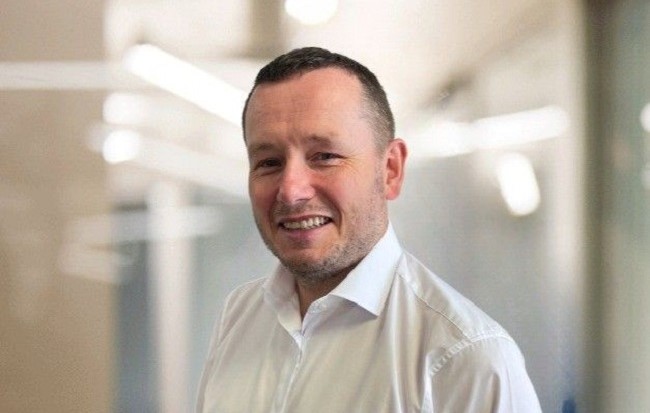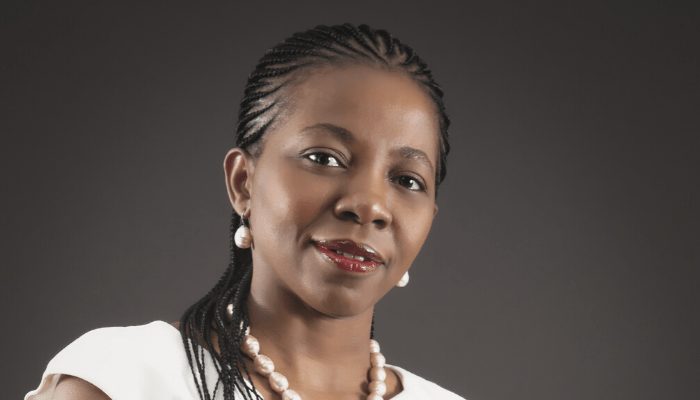The United Nations Resident Coordinator, Mr. Mohamed Fall, has urged children and youths to take the lead towards the attainment of the Sustainable Development Goals (SDGs).
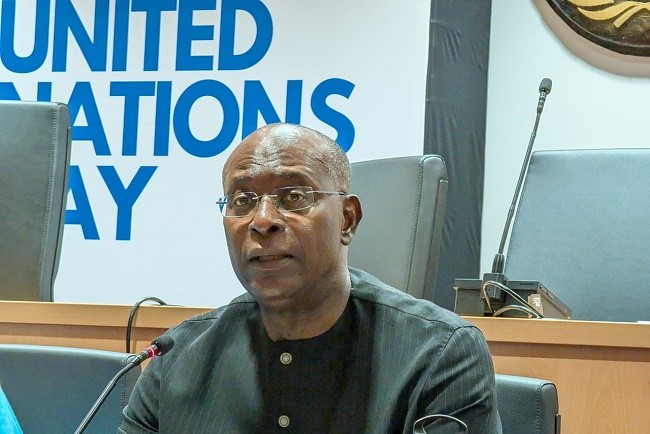
Fall made the call on Thursday, March 27, in Abuja, during the First Consultation Meeting with Youths and Children on the Voluntary National Reviews 2025.
The VNRs aim to facilitate the sharing of experiences, including successes, challenges and lessons learned, with a view to accelerating the implementation of the 2030 Agenda.
They also seek to strengthen policies and institutions of governments and to mobilise multi-stakeholder support and partnerships for the implementation of the SDGs.
Fall noted that being in the last mile of the SDGs, it has become important for children and youths to take the lead in the next five years.
“This kind of gathering is primarily for you because if you look at the SDG in terms of goal, it’s mostly focusing on children.
“When you talk about eradicating poverty, anger, access to health, access to education, gender parity, access to water and sanitation and protecting the climate, every one of them speaks to the cause and future of children.”
He noted that, in 2015, when Member States voted to attain the SDGs by 2030, it did not factor in that the world would have been interrupted by COVID-19 or go through many challenges such as economic downturn and wars.
“Here in Nigeria, we also have conflicts and insecurity and climate change that are pulling us back.
“We just woke up now and realised that out of those 15 years that were looking so long that we thought we could do everything, now it’s only five years remaining.
“Those five years are so critical that if we manage to progress in those years, it will be a progress for everyone, but if we fail to do it, it means that by 2030, we might probably be even below where we were in 2015.”
Speaking about the importance of youth and children participation in SDG implementation, UNICEF Representative, Ms Cristian Munduate, said that it would help to contribute to the SDG achievements by changing behaviours.
“This will be by using your drive, your leadership, your charm to help change the behaviours in others.
“We want to hear your voice, know what you think and get your opinion.
“We want to know all those difficulties and challenges that many children have and ideas that you can bring on how we can better solve them.”
The Minister of Women Affairs, Hajia Imaan Sulaiman-Ibrahim, said that there was an urgent need for sustained and focused action to ensure no one is left behind, especially women and children.
Represented by the Special Assistant on Administration, Mrs. Ola Erin, she said that collective decisions on gender equality, women’s empowerment and child protection have clearly highlighted the interconnectivities of the SDGs.
“They are central to our national development as they hold the keys to advancing sustainable and inclusive growth for all Nigerians.”
Sulaiman-Ibrahim added that the ministry remains committed to the SDGs journey, because gender equality and child protection was the cornerstone of any thriving nation.
Mrs. Adejoke Orelope-Adefilure, the Senior Special Assistant to the President on SDGs, said that, to date, 366 VNRs have been conducted and presented by 191 countries.
According to her, of the figure, 138 countries have conducted more than one VNR, while Nigeria has presented two VNRs, one in 2017 and another in 2020.
She added that Nigeria would present its third VNR along with 38 other countries in 2025.
Orelope-Adefilure said that Nigeria’s strategic approach to the implementation of the SDGs was at the National and Sub-national levels to integrate the relevant SDGs into their sectoral policies and plans.
She noted that since 2016, Nigeria’s Economic Recovery and Growth Plan, ERGP (2017-2020); the Economic Sustainability Plan of 2020; the National Poverty Reduction with Growth Strategy of 2021; and Nigeria’s Medium-Term National Development Plan (2021-2025) have all been inspired by the SDGs.
She added that all the programmes were embedded in the Renewed Hope Agenda of the Federal Government.
Miss Reena Adejo-Ogiri, a 10-year-old, speaking about the importance of attaining the SDGs, said that it would ensure that there is no poverty in the country which would in turn ensure zero hunger and there would be quality education for all children.
“The government needs to work on the SDGs very hard so that they can accomplish all the 17 goals,” she said.
By Folasade Akpan

